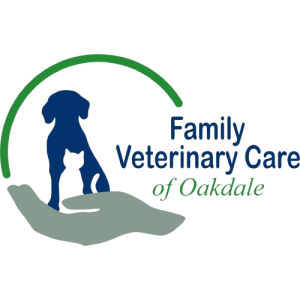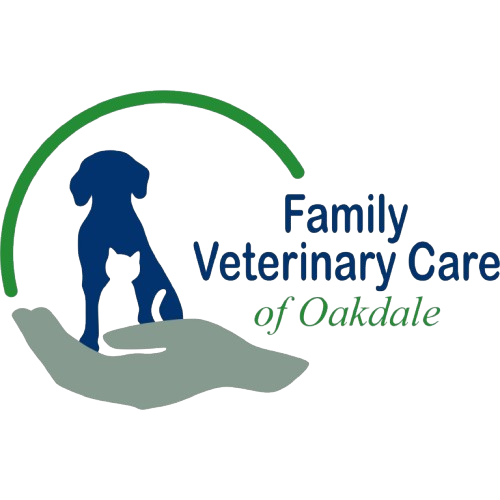Most pet owners wish they could take their pets everywhere, but pets sometimes need to stay behind. The key to a carefree vacation is finding trusted pet care, so you can feel confident your pet is in good hands while you are away. Boarding facilities are great options for many pets, but preparing for their stay is crucial for reducing everyone’s stress. Family Veterinary Care of Oakdale shares how to board your pet like a pro.
Is a boarding facility right for your pet?
Before choosing a facility and booking your pet’s stay, determine whether a boarding facility best fits your pet and your situation. A boarding kennel is often noisy and chaotic, which may be too stressful for older or sensitive pets. Healthy, young, social dogs tend to do best in daycare-like boarding settings, while others may feel anxious having to listen to and smell nearby pets throughout their stay. Consider one-on-one pet sitting with a commercial service, family member, or friend for pets who are more comfortable in their quiet home environment.
Pre-boarding pet health requirements
Visit our veterinary team before you board your pet to update their vaccines, be tested for parasites, and to discuss parasite preventive treatments. These universal health requirements reduce infectious disease spread, which can happen quickly in a dense kennel setting. A pre-boarding examination also ensures your pet is healthy, which will give you peace of mind while you’re away.
Most boarding facilities require the following for pets in their care:
- Rabies vaccination
- Canine distemper or feline FVRCP vaccination
- Canine kennel cough and/or canine influenza vaccinations
- Negative fecal parasite test
- Topical or oral flea and tick parasite treatment
Pet boarding emergency preparedness
The boarding facility will ask you to provide your contact information and permission for them to take your pet to the veterinarian in an emergency. Consider that you may be out of cell range, sleeping, or in another time zone when an emergency occurs, and provide the boarding facility with a secondary person’s contact information. Choose a trusted person who knows your pet and can make reasonable decisions in your absence regarding their medical care.
Boarding tips for dogs
Follow these boarding tips to ensure a smooth experience for your dog:
- Choose the right facility — Tour several facilities, interview caregivers, and ask questions to determine the facility that will best fit your dog’s needs. Does your dog have medical needs, need daily play, or require special grooming? Do you want to watch them on camera or receive daily updates?
- Pack appropriately — Pack your pet’s regular food, medications, and detailed care instructions. Dogs are prone to stress-induced diarrhea during boarding stays and will feel better if fed their regular diet.
- Build positive associations — Visit the facility for a happy visit, day stay, play session, or overnight test stay to build your pet’s comfort level with the staff and other boarding dogs. If your pet is anxious during the test run, ask our veterinary team about anxiety-reducing products or medications.
Boarding tips for cats
These tips can help your cat adjust to their boarding stay:
- Choose the right facility — Not all boarding facilities are cat-friendly, so ask questions and tour each location before booking your cat’s stay. The ideal kitty condo is a room separate from dogs and insulated from noise, and large enough to keep the litter box away from food and water. Pheromones, music, and supervised play sessions outside the condo are nice touches that will help reduce your cat’s stress.
- Pack appropriately — Pack your cat’s regular diet, medications, and detailed instructions to help boarding staff maintain their normal daily routine.
- Acclimate cats to a carrier before travel—Many cats have negative associations with travel crates and carriers, but you can help them feel comfortable and at ease with some training. Leave the carrier, with comfortable bedding and treats inside, accessible to your cat for sleep or play. Allow your cat to enter and exit at will at first, and then gradually work up to closing the door behind them for short periods.
You can breathe easy while you’re away if you find the right boarding facility for your pet and prepare properly for their stay. Contact Family Veterinary Care of Oakdale to schedule a pre-boarding health checkup, update their vaccines, or discuss additional ways to improve your pet’s boarding experience.











Leave A Comment